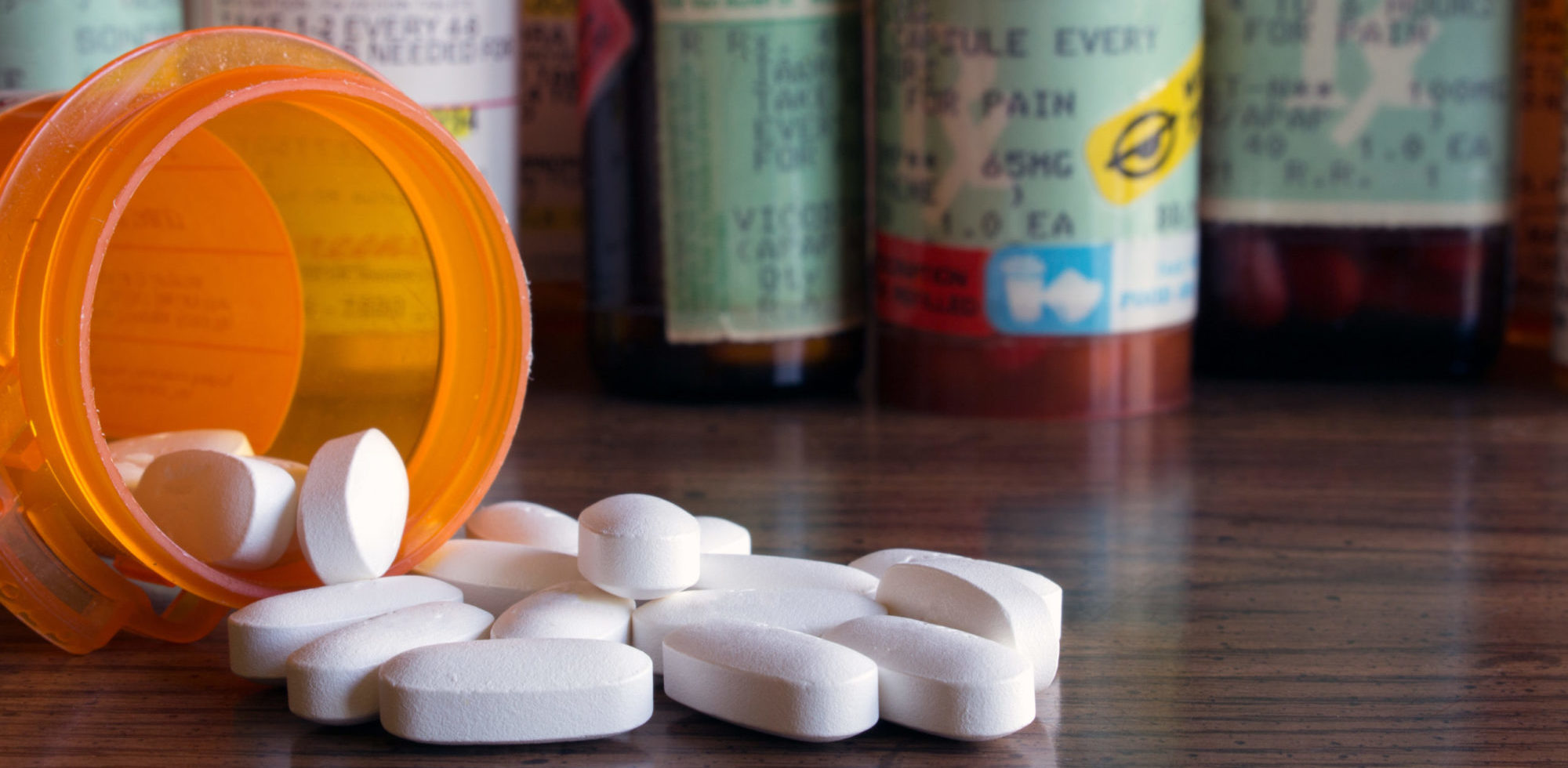Ways to Get Help for Substance Abuse
Substance abuse resources are an absolute necessity for many people across America. You may need these resources if you are suffering from a drug or alcohol problem. You may also need them to find help for a loved one with a serious substance issue. In either case, access to reliable help may be a literal matter of life or death.
Fortunately, there are trustworthy resources available for all major topics related to substance abuse and addiction. That includes information on the basic nature of these problems. It also includes the steps taken to diagnose drug- and alcohol-related illnesses. In addition, you will find many resources that focus on what is needed for effective treatment. No matter where you start out, the right substance abuse resources will help you escape the grip of substance problems.
Substance Abuse Resources: Basic Information
Knowledge is an important tool for anyone affected by substance abuse or addiction. That is true because accurate information helps you understand such key things as:
- How drugs and alcohol affect your brain and body
- The unique effects of specific substances
- What distinguishes substance abuse from substance addiction
- The changes in your brain that make addiction a possibility
- How doctors detect and classify drug and alcohol problems
- The methods used to treat substance abuse and addiction
By building up your knowledge in these areas, you increase your ability to help yourself or someone else. You also make the process of seeking help less frightening and easier to navigate.
Perhaps the most comprehensive substance abuse resources available in America are offered by the federal government. There are several government agencies that focus specifically on substance-related issues, including:
- NIDA, the National Institute on Drug Abuse
- NIAAA, the National Institute on Alcohol Abuse and Alcoholism
- SAMHSA, the Substance Abuse and Mental Health Services Administration
All three of these agencies provide a wealth of informational resources. For example, NIDA maintains a complete database of drug-related topics. Subjects covered in this database range from the science of addiction to modern methods for effective treatment.
The NIAA focuses on the effects of alcohol and the ways in which drinking can cause you harm. Their main information page covers topics such as:
- How to measure your alcohol intake
- The patterns of drinking that put you at-risk for serious problems
- How doctors define alcohol-related problems
The page also includes information for specific population groups, including women and underage drinkers. Finally, NIAA provides a detailed breakdown of how to find help for drinking problems.
SAMHSA’s focus is the interaction between substance problems and mental health. The agency has produced hundreds of informational pamphlets that you can access for free. These pamphlets include extensive substance abuse resources. They also cover the full range of mental health topics.
Substance Abuse: Seeking Help

If you think that you or a loved one have a substance problem, how can you seek help? A variety of substance abuse resources are available to you. One of the most thorough resources on what to do comes from NIDA. This agency offers a series of step-by-step guides. There are guides on how to seek help for yourself or another adult. If you are a young adult or teenager, you will find a separate guide specifically for you. There is also a guide for the parents and caretakers of young adults and teens.
Topics covered by the NIDA guides include:
- Recognizing potential signs of substance abuse and addiction
- Getting diagnosed
- Finding treatment
- Enrolling in a support group
If you are concerned about drinking problems, you can access NIAAA’s Alcohol Treatment Navigator. This tool is designed for adults who want help for themselves or others. It includes a thorough rundown of everything you need to know about treatment for alcohol problems. It also includes information on how to find providers of effective treatment. NIAA does not currently offer comprehensive substance abuse resources for teens. However, the agency does provide help in accessing such resources.
Finding a Substance Abuse Hotline
One of the most important tools for finding help is a substance abuse hotline. This option gives you access to needed resources through a simple phone call. No matter where you live in the U.S., you have multiple ways of finding a hotline. Potential resources include:
- Programs run by your state government
- A substance abuse hotline provided by your region, county or city
- Hotlines offered by non-profit organizations
- A federally sponsored substance abuse hotline
The single best federal resource is SAMHSA. The agency maintains its own a. This resource is available 24 hours a day, every day of the year. SAMHSA also sponsors or supports hotlines for issues related to substance problems. Examples of these issues include suicide prevention, help for veterans and help for disaster survivors.
Substance Abuse Resource: Getting Diagnosed
A crucial step in seeking help is getting a diagnosis for your substance problems. That is because only a doctor can tell for sure if you or your loved one are affected. In the past, only specialists knew how to conduct screenings for drug and alcohol problems. But today, many primary care physicians have been trained to provide this essential service.
If your doctor does not provide substance screenings, do not worry. You still have options. One thing you can do is to ask your doctor to refer you to another primary doctor who does conduct screenings. Your doctor may also be able to refer you to a specialist in your area. In addition, NIDA maintains resources for anyone looking for an addiction specialist.
How Do Doctors Make a Diagnosis

If you are affected by substance abuse or addiction, you have something called a substance use disorder, or SUD. All types of SUD are officially defined by the American Psychiatric Association. Under this definition, you can be affected by as many as 11 different symptoms. Some of these symptoms are related to non-addicted substance abuse. Others are related to addiction.
During an SUD screening, your doctor or specialist will look for each of the possible 11 problems. All it takes is two symptoms within the space of a year to receive a diagnosis. It does not matter if those problems are related to addiction or non-addicted abuse. Depending on your total number of symptoms, your disorder may be mild, moderate or severe. Each individual symptom may also be mild, moderate or severe.
Substance Abuse: Treatment
Where can you go for treatment of your substance use disorder? If you are addicted to drugs or alcohol, a vital starting point is a supervised detox program. This is a place where you can safely halt the cycle of drinking or drug use. It provides the help you need to deal with substance withdrawal. Supervised detox also:
- Helps protect you from any withdrawal complications
- Supports your physical and nutritional health
- Serves as a stepping stone for a drug or alcohol rehab program
Drug and alcohol rehabs specialize in primary substance treatment. High-quality facilities are staffed by trained, experienced personnel who know how to provide effective help. Some rehab programs are inpatient and require you to live at the facility while receiving treatment. Others are outpatient and give you the ability to stay at home. Many rehabs offer both inpatient and outpatient options.
Effective treatments for substance problems are customized in two ways. First, they are designed to deal with specific sources of abuse and addiction. This means, for example, that someone with alcohol problems receives different treatment than someone with stimulant problems.
Quality treatments are also customized for the individual. This means that not everyone with the same kind of SUD will be helped in the same way. Such targeted treatment is needed to maximize your chances of recovering your health and well-being.
NIDA provides a complete guide to modern, recommended treatment options for both drug and alcohol problems. Those options include two main categories of care: medications and psychotherapy. Medications are used to treat some forms of SUD, but not all. However, all SUDs are treated with at least one type of psychotherapy.
Looking for substance abuse resources for treatment in your area? In many cases, your doctor can provide you with a referral. Local addiction specialists are another excellent resource for treatment referrals. You can also turn to local or state agencies, as well as NIDA, NIAAA or SAMHSA for help.
Learn More About Important Substance Use Resources
Millions of Americans suffer from substance abuse and/or substance addiction. But the sad fact is that most of these people never seek professional help for their problems. Do what you can to avoid being part of this worrying statistic. Today, there are numerous ways to access substance abuse resources. Regardless of where you live, at least some of these resources are available to you. If at all possible, take advantage of them. By doing so, you may save your own life or the life of a loved one or friend.
Want to learn more about how to take advantage of abuse- and addiction-related resources? Contact the professionals at Best Rehabs In Arizona. From basic information to diagnosis, detox and treatment, we offer a full slate of essential services. Even if you are severely affected by substance problems, we will help you recover your sobriety.

